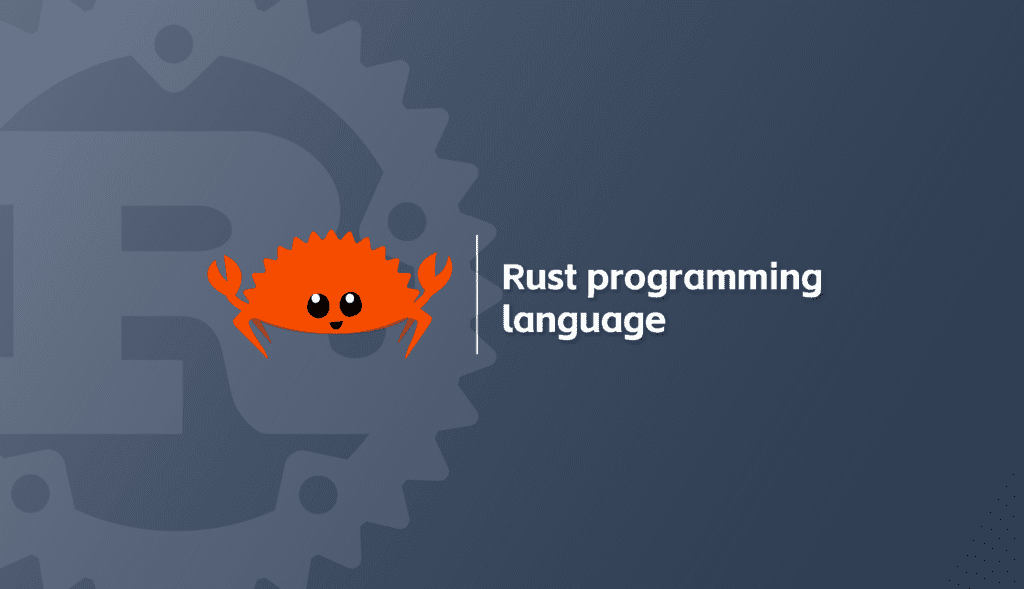
Rust
Rust is a modern systems programming language designed for performance, safety, and concurrency. Initially released in 2010 by Mozilla, Rust has quickly gained popularity for its ability to handle low-level tasks while providing high-level abstractions, making it a powerful alternative to languages like C and C++.
Memory Safety Without Garbage Collection
One of Rust’s standout features is its focus on memory safety. Unlike other systems languages, Rust doesn’t rely on a garbage collector. Instead, it uses a system of ownership, borrowing, and lifetimes to ensure memory safety at compile time. This system helps developers avoid common issues like null pointer dereferencing, buffer overflows, and data races. By managing memory without the overhead of a garbage collector, Rust achieves performance comparable to C or C++ while maintaining safety.
Concurrency and Parallelism
Rust’s ownership model also makes concurrency safer and easier to manage. The language’s memory guarantees prevent data races at compile time, a common issue in concurrent programming. Features like threads, async/await, and channels enable developers to write concurrent code with confidence that their program won’t crash or behave unpredictably due to race conditions.
Follow This WhatsApp Channel for More Resources
Performance and Efficiency
Rust is designed for high performance. Its zero-cost abstractions mean that features like iterators and pattern matching do not introduce performance penalties. This makes Rust suitable for performance-critical applications such as game engines, operating systems, and embedded systems.
A Growing Ecosystem
Rust boasts a thriving ecosystem, with tools like Cargo (the package manager and build system) and a rich collection of crates (libraries) available on crates.io. The community is supportive, and the language’s stability guarantees ensure that code will continue to work across compiler versions.
Rust offers a unique blend of safety, concurrency, and performance, making it a language worth learning for anyone interested in systems programming or high-performance applications.
Download Rust Cheat Sheet
Follow this WhatsApp Channel for More Resources


